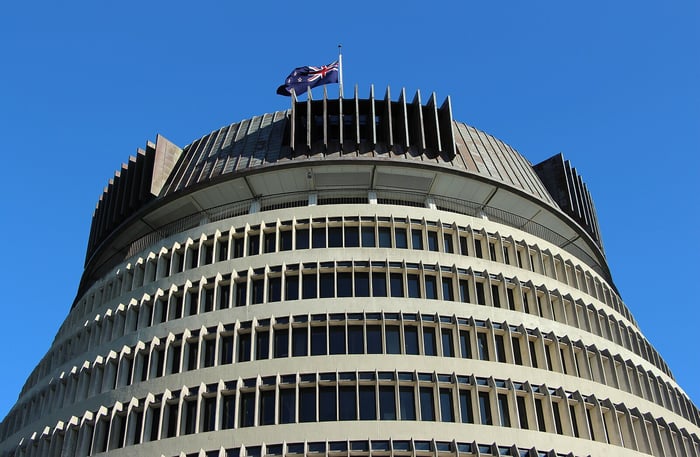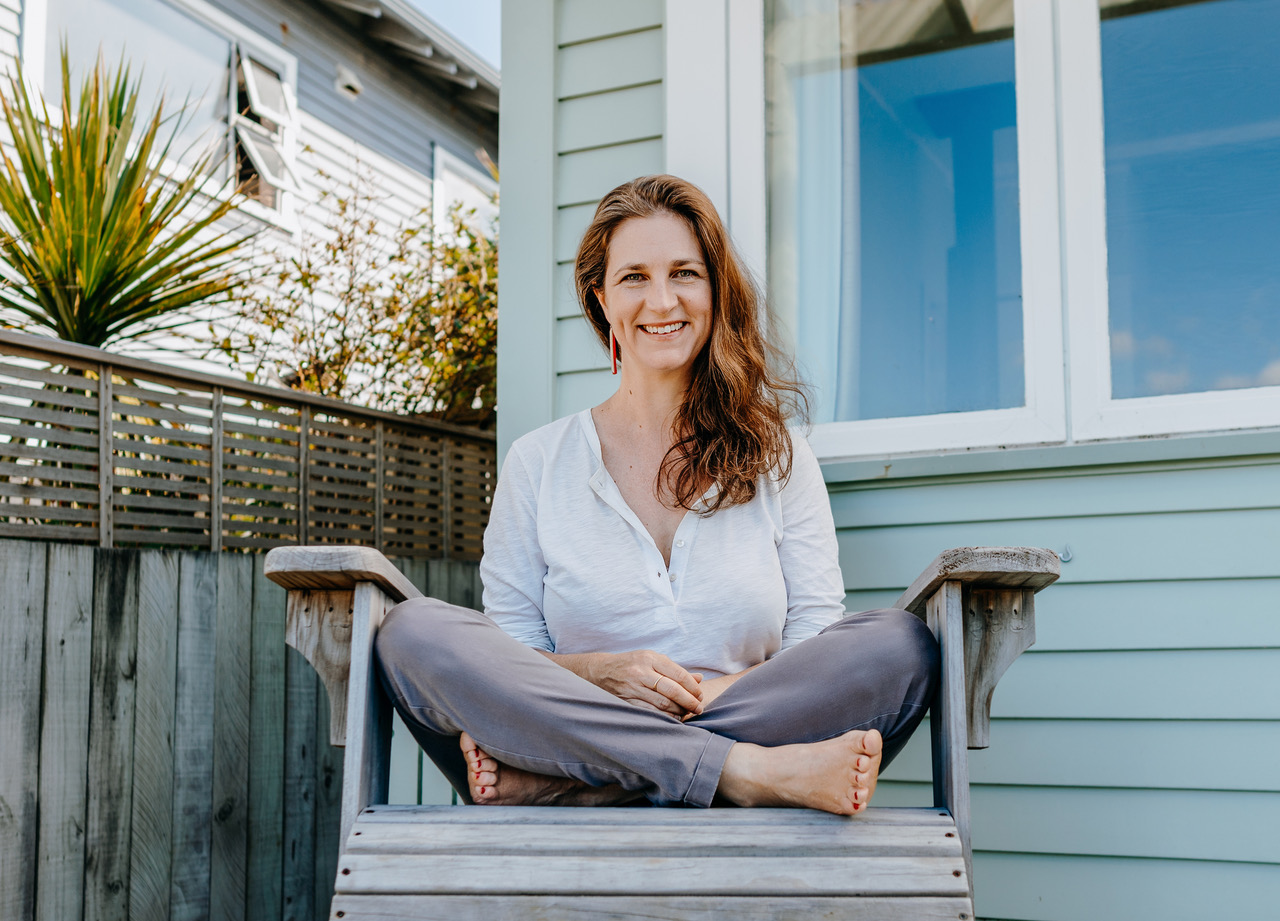Elevate the Story - what it means and why it matters
4 min read • Sep 19, 2025 12:47:32 PM

This is the first of four blog posts to dig into each of The Climatics' funding focus areas: elevating the story, building the movement, transforming the politics, and supporting Māori-led action. We've chosen these four focus areas because they each share three qualities: they create outsized positive impact for climate, they are where philanthropy is best suited to contribute, and because they are often underfunded.
In this post we'll explore what we mean by "Elevate the Story" and why it matters now.
Last week, Amy Westervelt released a powerful episode of the investigative journalism podcast Drilled, focused entirely on "Climate Obstruction." Listening to it reminded me why narrative strategy is one of the four focus areas we’ve identified for The Climatics' funding approach. The episode details how fossil fuel companies and their allies have spent decades not just denying climate science, but actively working to undermine public confidence in our collective ability to solve the problem. They've invested billions in creating what researchers call "discourses of delay" - messages that accept climate change exists but justify inaction or inadequate action.
This isn't an accident. It's a strategy.
And it's why one of our four funding focus areas is "Elevate the Story" - supporting organisations that use narrative to build public support for climate action.
What we mean by 'narrative'
Narratives are the collective stories we tell ourselves about the world and our place in it. They create the emotional and intellectual conditions necessary for policy adoption, investment, and behavioural change at scale.
When it comes to climate action, research consistently shows that narrative change precedes policy change. Stories don't just inform - they shape what feels possible, what feels necessary, and what feels urgent.
The forces Westervelt and her guests discuss in the podcast understand this deeply. They've invested heavily in narratives that make people feel isolated, powerless, and sceptical that solutions exist. Because when people disengage, those forces maintain their political and financial power.
Why we're backing strategic storyteller
At The Climatics, we're looking for narrative approaches that can show a clear line to emission reductions. Not just awareness-raising or shock tactics, but strategic communication that:
- Increases people's sense of agency rather than overwhelming them
- Makes progress visible so people can see that change is happening
- Dispels the "silent majority" effect by showing how many people already care
- Uses trusted messengers to reach new audiences
- Frames climate action in terms of better lives, not just avoiding catastrophe
We've seen this work. The Department of Conservation's recent "Always Be Naturing" campaign shifted the conversation from obligation to opportunity. The US-based Science Moms uses trusted messengers - mothers - to communicate climate science to audiences sceptical of traditional environmental groups.
The New Zealand Context
Here in Aotearoa, we're not immune to the obstruction strategies Westervelt describes . We've seen coordinated attacks on climate science, attempts to undermine trust in expertise, and narratives designed to make climate action feel impossible or unnecessary.
We also have unique strengths. We have strong democratic institutions, pride in te taiao, and Māori leadership that offers different ways of understanding our relationship with the natural world.
The question is: will we let the forces of obstruction shape our national conversation about climate action, or will we actively support the voices telling better stories?
What this looks like in practice
When we fund "Elevate the Story," we're looking for organisations that understand narrative as a lever for systemic change. This might include:
- Communications campaigns that present climate solutions as genuine economic opportunities
- Community-led storytelling that makes climate impacts locally relevant and solutions within reach
- Media strategies that showcase successful climate action already happening
- Cultural work that helps people imagine better futures
The obstruction forces documented in Drilled have had decades and billions of dollars to shape public opinion. But their influence isn't unstoppable.
Every organisation telling better stories about climate action is part of the resistance.
When we pool our donations to support this work, we're not just funding communication - we're investing in the narrative infrastructure needed for rapid climate action.
Because the stories we tell ourselves about what's possible shape what actually becomes possible.
As always, we'd love your thoughts - what are you seeing in this space?
With hope and determination,

Listen to the full "Climate Obstruction" episode of Drilled here. It's essential listening for anyone who wants to understand the forces we're up against - and why fighting back with better stories matters so much.
Pip Wheaton - The Climatics Co-Founder
Growing up in rural Australia made Pip intensely curious about humans’ impact on the rest of the natural world. Her childhood saw her planting trees and rounding up sheep, finding snakes in her bedroom and echidna in the garden, and solo walks gazing at exceptionally starry skies. Pip works on climate change, both locally where she now lives in Te-Whanganui-a-Tara, and globally. Her work is informed by systems theory and a fierce sense of justice: her decision to work on climate is based on the recognition it is a symptom of deep faults in our social, economic, and political systems. She has worked in social entrepreneurship, local government, academia, and philanthropy across Australia, South Africa, the UK and Aotearoa. Pip is an award-winning social entrepreneur for founding enke: Make Your Mark, a youth leadership organisation in South Africa.
More recent stories

October 5, 2025
Transform the Politics - what it means and why it matters
This is the third of four blog posts exploring The Climatics' funding focus areas: elevating the sto...

September 26, 2025
Build the Movement - what it means and why it matters
This is the second of four blog posts to dig into each of The Climatics' funding focus areas: elevat...

October 8, 2025
Support Māori-led Climate Action - what we mean and why it matters
This is the third of four blog posts exploring The Climatics' funding focus areas: elevating the sto...
Join our Community
We’ll send stories and updates from The Climatics, plus ways to be part of climate action in Aotearoa.
Small gifts create big shifts
By pooling donations, small gifts add up fast. And every dollar goes straight to climate projects doing the mahi.

